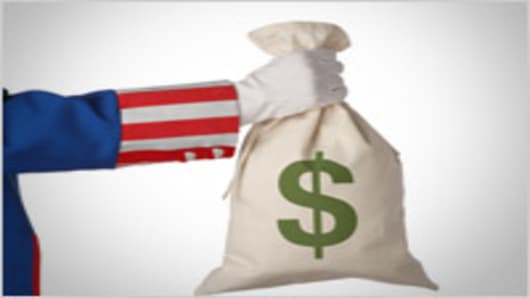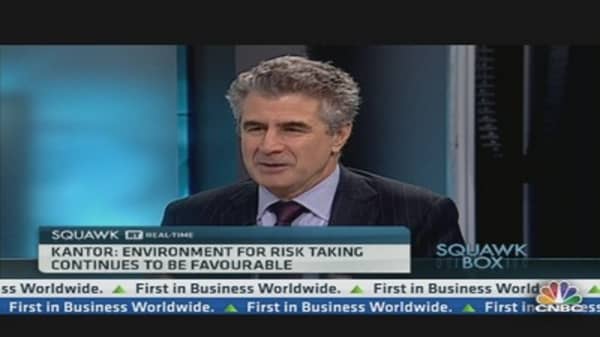The environment for risk-taking continues to be favorable - as long as the Federal Reserve keeps on "pumping money in" - Larry Kantor, Managing Director and Head of Research at Barclays, told CNBC.
Kantor said that the latest Fed round of stimulus, QE3, which takes the Fed's money creation past the $3 trillion level since it began the quantitative easing process in 2008, provided downside protection for investors.
"[The Fed] can't cut interest rates any more, this quantitative easing is extraordinary…this QE3 is open ended. What the Fed is saying is that it will keep on buying until the labor market starts improving at a faster rate," he told CNBC Europe's "Squawk Box" on Wednesday, advising investors to take a more constructive position towards risk going into2013.
"If the economy starts to improve, that's good news, and if it doesn't, then the Fed is going to keep on pumping money in and probably accelerate that if that gets weak, so that provides us with some nice downside protection," he said.
"We not saying that that is a solution, " he added, "[Fed stimulus] may end badly, eventually, but in the meantime it's probably going to persist that the markets are going to do a lot better than the economy is going to do."
Since markets bottomed out three and half years ago, Kantor added, there had been a divergence between economic and market performance,with the extra liquidity arising from central bank stimuli filtering into asset markets.





